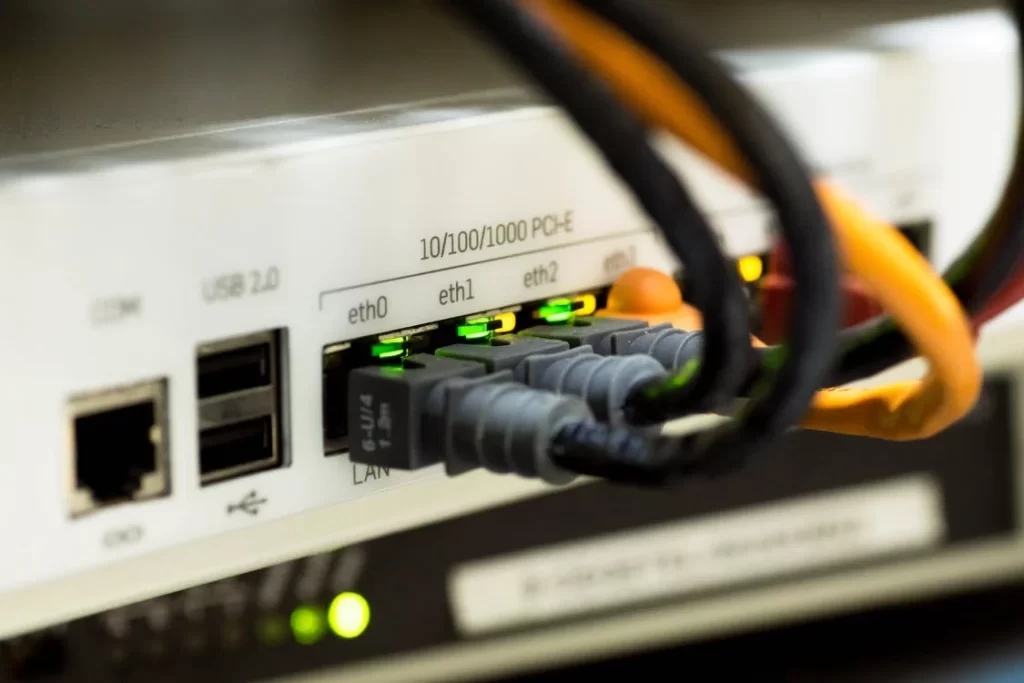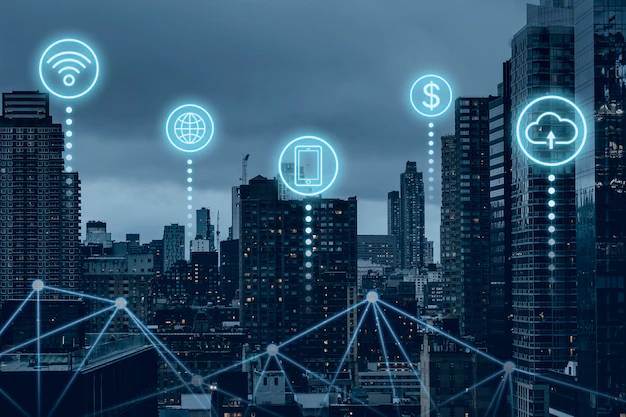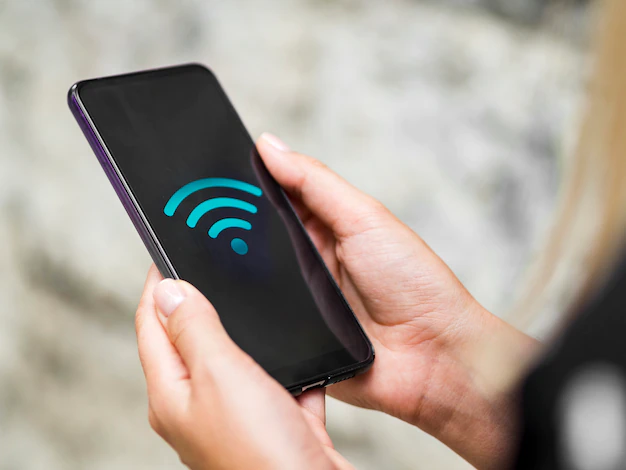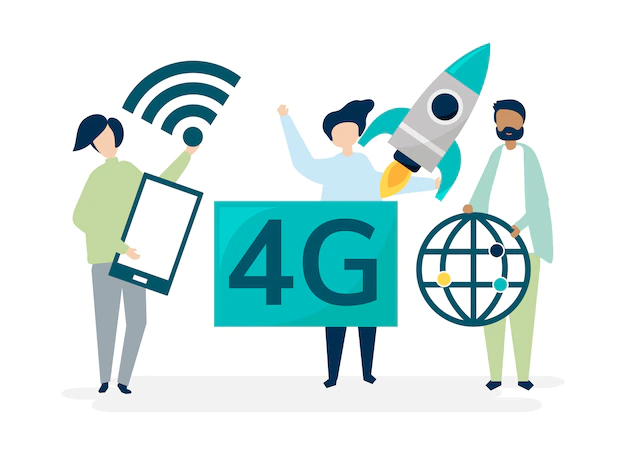4G vs Wi-Fi: In Terms of Security?
09 May 2022
5 Mins Read

toc impalement
Internet surfing has come out of the shadows of being a luxury service, the major reason behind this is that the world of the internet is technically borderless and the vastness of its contents is so huge that hypothetically speaking, a person cannot explore all areas of the internet within his limited amount of time on this world.
The Internet has a thing in store for everyone no matter the age, gender, nationality, or creed. This is the reason our world has become a global village and all that credit goes to the internet. Just imagine what possible thing is there that you can’t do on the internet, you want to work?
The internet has got you covered, what about entertainment? The Internet has that as well and every type of entertainment that one can possibly imagine, what about communication?
Not a problem with the internet and both audio and visual means of communication, you want to study? No problem because the internet has limitless sources of books and study materials always available online.
In retrospection, the internet has been the most significant and beneficent phenomenon of technology that humanity has constructed as of now, and it’s such a pivotal element of today that without the internet, the whole structure of the world will collapse.
Especially in dire times like these that humanity is going through right now, the internet has emerged as a savior for all mankind.
This significance of the internet has been honored by the millions, and where there are positive highlights there are vicious bones and dark secrets as well. Internet is sort of a multi-purpose weapon that if used rightly can do prodigies but in the wrong hands can bring unfathomable desolation as well.
1. Underlying Workings of the Internet

To put it simply, the internet is the collection of connected nodes that gauge over the globe making a global network.
It means that every device that’s present on the internet is connected to every other device on this global network, no matter the distance between them. This is why the internet has come to a dangerous place because you can’t possibly know who can connect to your device and misuse it for their own personal gains.
You usually connect to the internet through your service provider, and how these service providers get you connected to these services is a whole other story. Your ISP is the company that’s furnishing you with internet services, an example of a service provider can be, Cox internet. It’s principally a collection of huge servers that pass a certain amount of bandwidth to the user’s nodes or end devices. This bandwidth is the speed of the internet that you get.
2. Mostly Used Internet Connections

An internet service provider has different ways through which it supplies its customers with the internet. In history, there were only cable connections, and devices like computers and laptops were the only ones connected through Ethernet lines.
Well, that time is long gone and this is the age of wireless connectivity, people no longer want to be limited to places where their lines can reach as a result of this, wireless internet was launched and at the moment there are two major mediums for it.
Wi-Fi and 4g are the two most generally used internet mediums for internet users. While Wi-Fi is the ultramodern form of wired home internet that uses a wired internet connection in combination with a device by the name of a Wi-Fi router attached to it to make the connection wireless.
While on the other hand, a 4g connection is fully wireless and is handed by cellular companies through their transmitting channels, which are usually cell towers.
Both these connections have their own advantages and disadvantages regarding speed, ease of operation, operational area, and most importantly security concerns which we’ll look into in detail.
3. Wi-Fi Networks

Wi-Fi Networks are the ultramodern form of current wired internet connection because the underpinning factors of a wired connection remain the same with just an addition of a wireless router. This router makes the traditional wired internet wireless. Also, there are two further classifications of Wi-Fi connections grounded on availability and security features.
4. Public Wi-Fi Networks

As the name suggests, these connections are the ones that you can find in public places like cafes, restaurants, cinemas, and other public places. The problem here is that the administrator of these networks is virtually unknown and these are open networks to which anyone can connect.
This ambiguous and vulnerable nature of these networks makes them an ideal ground for hackers to attack or steal the particular information of a user who’s connected to these types of networks.
5. Private Wi-Fi Networks

These types of networks are one step above public Wi-Fi Networks in terms of security as they’re better defended from intrusions due to some kind of encryption involved to help prevent unauthorized access to the network.
Still, these protection styles are relatively weak, to say the least, and can be broken into easily. The remaining aspects remain identical with open Wi-Fi networks. So these networks are fine if you’re setting them up in your home or office and know the persons who are going to be using them. Still, once this connection is cracked or a third party gets into the network a private Wi-Fi network also becomes useless in guarding the user.
6. 4g Networks

4G Networks works wirelessly and provides internet to consumers through their wireless connections. These services are frequently handed in by cellular companies.
In 4G networks bandwidth propagation occurs in form of data packets and these data packets are transmitted to and from the user’s device to the ISP’s end through cellular poles which ultimately powers the phone with internet connectivity.
The stylish part about 4G networks is that the data packets that are transferred by them are end to end encrypted which makes it quite a hard task for a hacker to read its actual data contents. Also, intruding into a 4G network isn’t as easy as a Wi-Fi Network.
Final Thoughts
It can be said with utmost certainty that public Wi-Fi hotspots are the least safe way to connect to the internet. Protected private Wi-Fi networks are one step upgrade but the security methods generally used with any Wi-Fi networks are particularly weak. In contrast, 4g networks provide greater security but it’s not perfectly secured as well. So in conclusion, we can say that no system is perfect and completely immune to vulnerabilities and users should keep a vigilant eye whenever traversing through cyberspace.
Read Also:


















Comments Are Closed For This Article